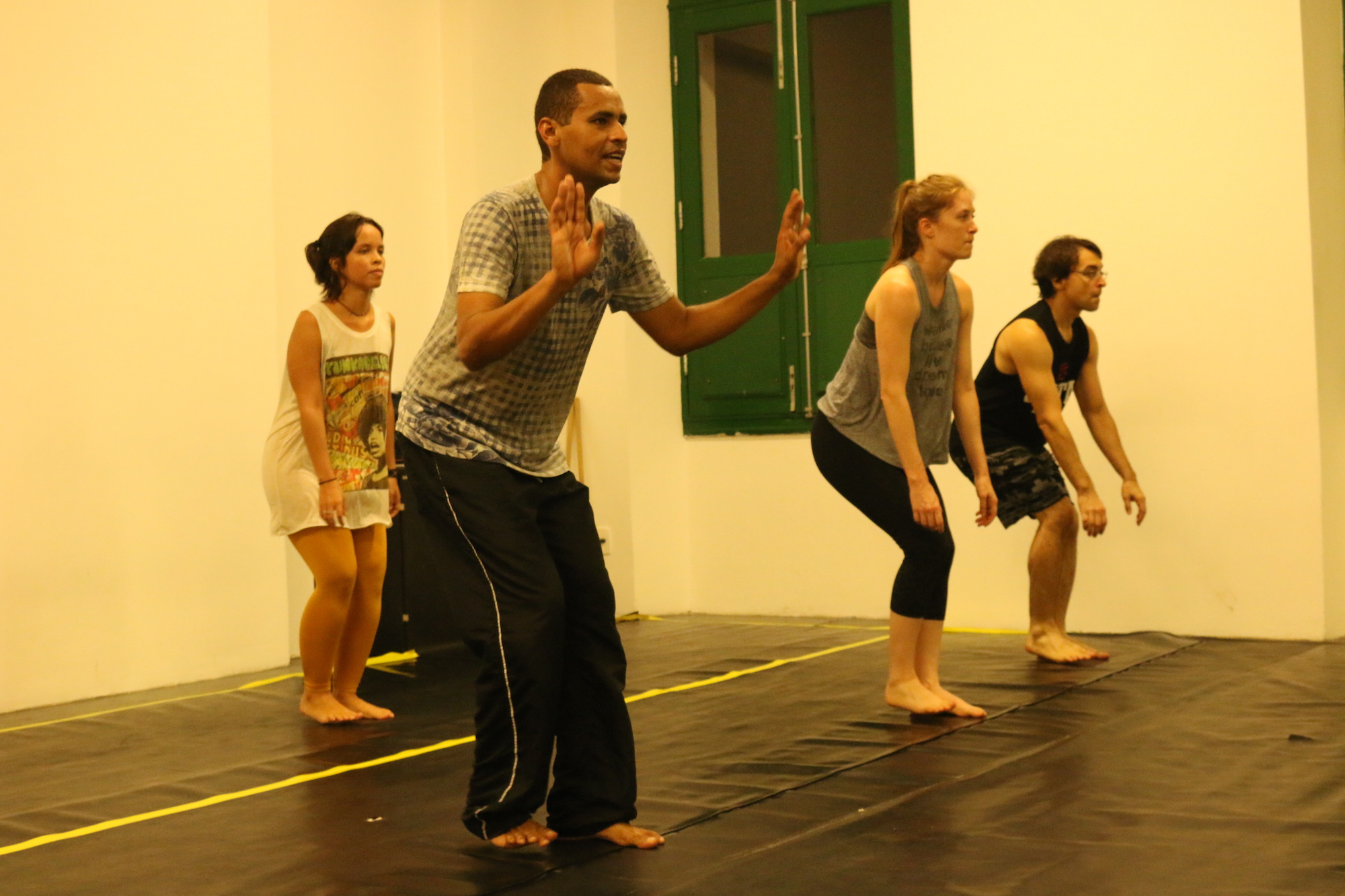I’m excited to share that my chapter “Dances of Resistance and Social Inclusion in Brazil: Frevo and Popular Dances of Pernambuco” has been published in the Springer Handbook for Social Inclusion.
From the abstract:
The term “dances of resistance” refers to dances around the world that are involved in strategic processes of liberation, activism, or racial, social, or ethnic identity formation for marginalized populations. This chapter discusses how dance is a valuable source of power for the socially excluded and how dancers implement various kinesthetic strategies of resistance through movement. The author presents frevo, a carnival dance from the northeastern Brazilian state of Pernambuco, as a case study for understanding how dance can provide a means of social inclusion. This dance narrates, through both sound and movement, complex notions of identity that contribute to socioeconomic empowerment and the valuation of popular culture. The chapter considers how popular dances empower subaltern communities at the intersections of gender, sexuality, race, class, and ability: How does dance archive social memory and provide a platform for political participation? How are strategies of resistance used and reinterpreted in the context of various, sometimes competing artistic and political agendas? How do dancers build inclusive communities that allow individuals to represent themselves so that their voices are heard and their bodies are visible?
I also published an article about my experience in Recife learning about cavalo marinho and maracatu rural in the Brazilian journal Incomum Revista at the Instituo Federal de Goiás this month. The article is called “O Corpo é Tudo: Theory, Practice and Resistance in the Body.”
From the abstract:
This essay is a reflection on my experience in Pernambuco in 2018 studying regional popular dances, including frevo, capoeira, cavalo marinho and maracatu rural. My research focused on how these dances are “dances of resistance” that demonstrate strategies for decolonization of the mind and the body – both the individual body and the collective body of a community. As a white woman from the United States, I had experiences that prompted me to reflect on how embodied knowledge is constructed and on what decolonial pedagogies and indigenous epistemologies can teach us about how marginalized groups produce theory through bodily practices. In this essay, I focus specifically on one teacher, Fábio Soares da Silva, who instilled respect and empathy in his students through steps and stories from his community in the town of Condado in the Zona da Mata, in the rural interior of Pernambuco. I consider the importance of verbal and non-verbal language in dance transmission and how to navigate the physical and mental challenges that accompany new cultural encounters.
Also, I had a blog article about frevo published on the Smithsonian Folklife Festival’s blog last fall. This was a fun one to write, and one of the more accessible pieces I’ve written to share this dance more widely.
I also recently worked on a Brazilian/Irish music and dance collaboration with musician/ethnomusicologist Paddy League and master accordionist Rob Curto, as well as Pablo Regis on cavaquinho. We played around with some Irish/Brazilian connections in music and movement through forrós, xôtes, frevos, and hornpipes composed by Paddy. It was a fun project, and I was happy to work with Lucas Ashby, who helped make my recordings look and sound good. This was just a start to the collaboration, and I’m looking forward to much more creative work in this realm!
